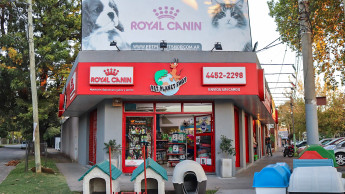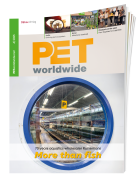A clear majority of both cats and dogs preferred food containing the microbial protein MPX to conventional dry food with a commercially available reference formula. This is the result of acceptance studies conducted by the Hamburg-based company, which produces sustainable proteins through fermentation.
The tests, using dry food produced in collaboration with a Portuguese pet food company, showed that more than twice as many cats (68 per cent) and significantly more small dogs (58 per cent) chose the MPX protein food first, compared to the standard dry food (32 per cent and 42 per cent respectively).
When tested on 30 domestic cats and 30 dogs over four trial meals, the MPX diet showed strong appeal compared to the control group. 36 per cent more cats chose the MPX food first, and portion size increased by almost 50 per cent (37g compared to 25.3g). Three-quarters of owners reported that their cats ate the same or more than usual.
The results were similar for small dogs (average weight 6 kg): 58 per cent chose the MPX food first, compared to 42 per cent who chose the control food. Dogs also ate almost 44 per cent more MPX dry food than the control group (66.3g compared to 46.8g). Nine out of ten dog owners confirmed that their dogs ate the same amount or more than usual.
“These results mark an significant milestone for alternative proteins in the pet food industry,“ said Ally Motta, applications specialist at Micro Harvest, which was founded four years ago. “Palatability is non-negotiable and the fact that both cats and dogs not only preferred MPX but also consumed more of it proves that microbial protein can compete on taste – not just sustainability or nutrition.“
According to the manufacturer, the proteins have a fraction of the carbon footprint of animal and plant proteins (pet reported). While Micro Harvest's commercial applications have so far focused on animal feed, the proteins can also be used in human food.

 Menü
Menü

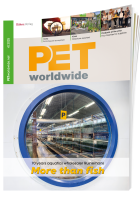



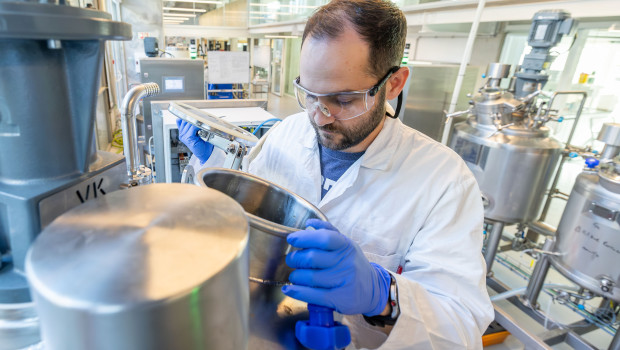
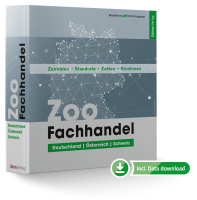
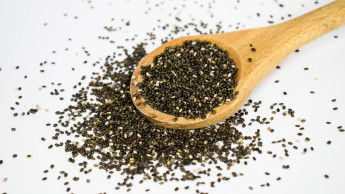



 Print - digital - online
Print - digital - online